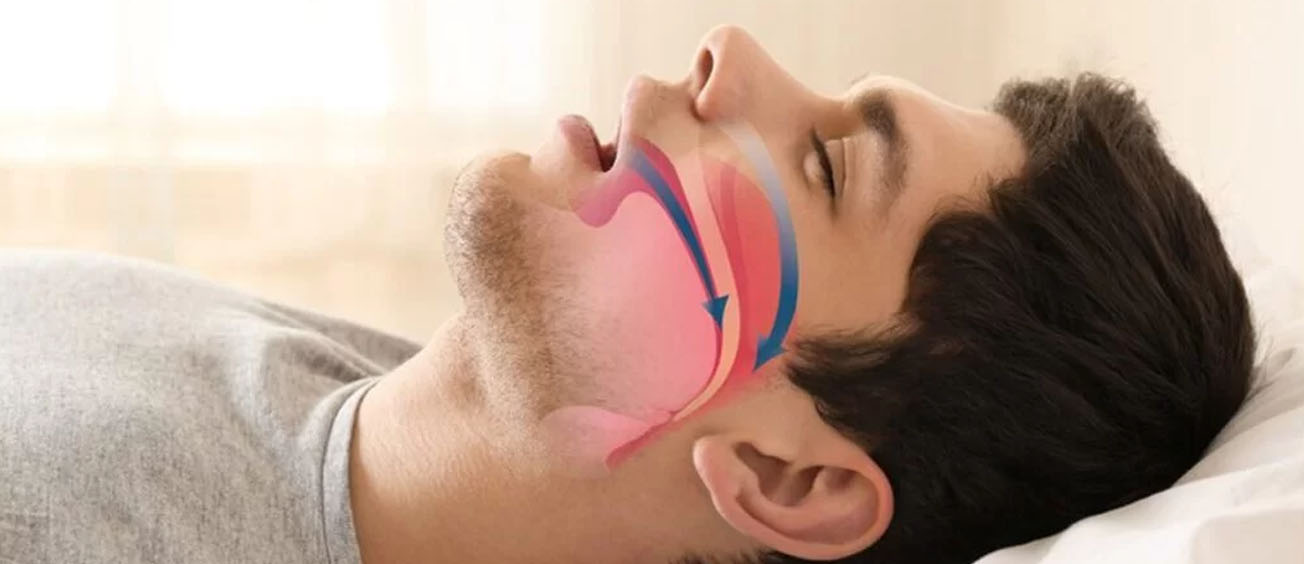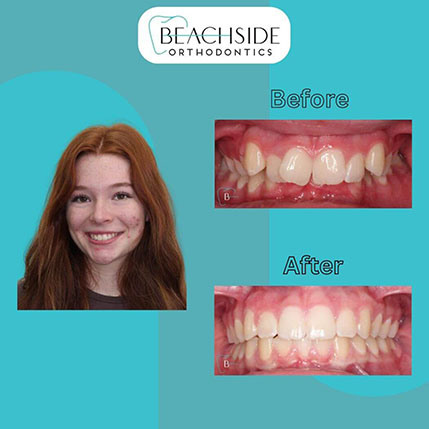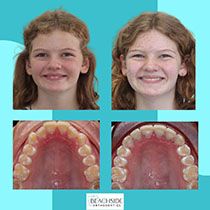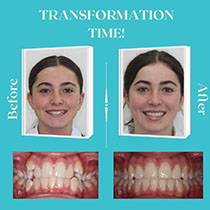Oct 13, 2025
Mouth Breathing… Why breathing through your nose is so important!
Mouth breathing isn’t a character flaw—it’s often a sign of an obstruction in your nasal passages caused by a variety of factors. While it might seem harmless, chronic mouth breathing can have a significant impact on your dental health, facial development, and overall well-being.

Let’s explore why nasal breathing matters so much and what can be done to help.
How Mouth Breathing Affects Your Oral Health
When you breathe through your mouth, saliva decreases. Saliva is essential because it protects your teeth, neutralises acids, and keeps your mouth clean. Without enough saliva, the natural bacteria in your mouth can change and lead to:
- Gum disease
- Tooth decay
- Bad breath
- Speech difficulties
- Poor-quality sleep
- Sleep-disordered breathing
- Changes in facial and jaw development in children
"Many parents are surprised to learn that mouth breathing can actually change the shape of a child’s face over time," explains Dr Steve Moate. "That’s why early intervention is so important."
An Orthodontist’s Perspective: How We Address Mouth Breathing
When you or your child come in for an orthodontic evaluation, here’s how we approach mouth breathing:
1. Awareness
First, we explain why nasal breathing is essential for good health and proper dental development.
2. Understanding the Consequences
We’ll talk about how untreated mouth breathing can lead to malocclusion (misaligned teeth), bite problems, and changes in facial structure.
3. Collaboration with Other Professionals
Often, orthodontists work alongside ENT specialists (otolaryngologists) or myofunctional therapists to address the root causes, such as chronic congestion or tongue posture issues.
4. Exploring Treatment Options
Orthodontic treatments—like expanding dental arches or correcting bite alignment—can create more space in the mouth and support nasal breathing.
5. Individualised Plans
Every person’s needs are different. We tailor recommendations to suit your specific situation.
6. Long-Term Benefits
Correcting mouth breathing early can lead to healthier development and better orthodontic outcomes in the future.
"Our goal is to look at the big picture," says Dr Moate. "A collaborative approach can improve not just dental health, but sleep and general well-being too."
Why Early Assessment Matters
Persistent mouth breathing, especially in children, can:
- Contribute to an open bite, crossbite, or overcrowding
- Affect tongue posture
- Influence jaw growth and the shape of the face
- Lead to long-term changes in the airway
Early evaluation makes it easier to spot these issues before they become more difficult to treat.
Steps to Treat Mouth Breathing
1. Identify the Cause
This often starts with seeing an ENT to rule out nasal blockages, allergies, or anatomical issues.
2. Manage Nasal Congestion
Allergies or chronic congestion may need medication or other treatments.
3. Orthodontic Assessment
An orthodontist can check how mouth breathing is affecting dental arches and bite. In some cases, expanders or braces help create more space for the tongue and airway.
4. Myofunctional Therapy
Exercises to improve tongue posture, strengthen oral muscles, and retrain breathing habits.
5. Encourage Behavioural Changes
Promoting awareness of proper breathing and tongue position helps break mouth breathing patterns.
6. Regular Monitoring
Follow-ups ensure the treatment is effective and adjusted as needed.
Final Thoughts
Mouth breathing can have wide-ranging effects, from tooth decay to changes in facial structure and poor sleep. The good news? With a team approach—orthodontists, ENT specialists, and myofunctional therapists working together—most cases can be successfully managed.
If you’re concerned about mouth breathing for yourself or your child, early evaluation is the first step toward better health.
For more information or to book a consultation, contact Beachside Orthodontics today. We’re here to help you breathe easier and smile brighter.
back








